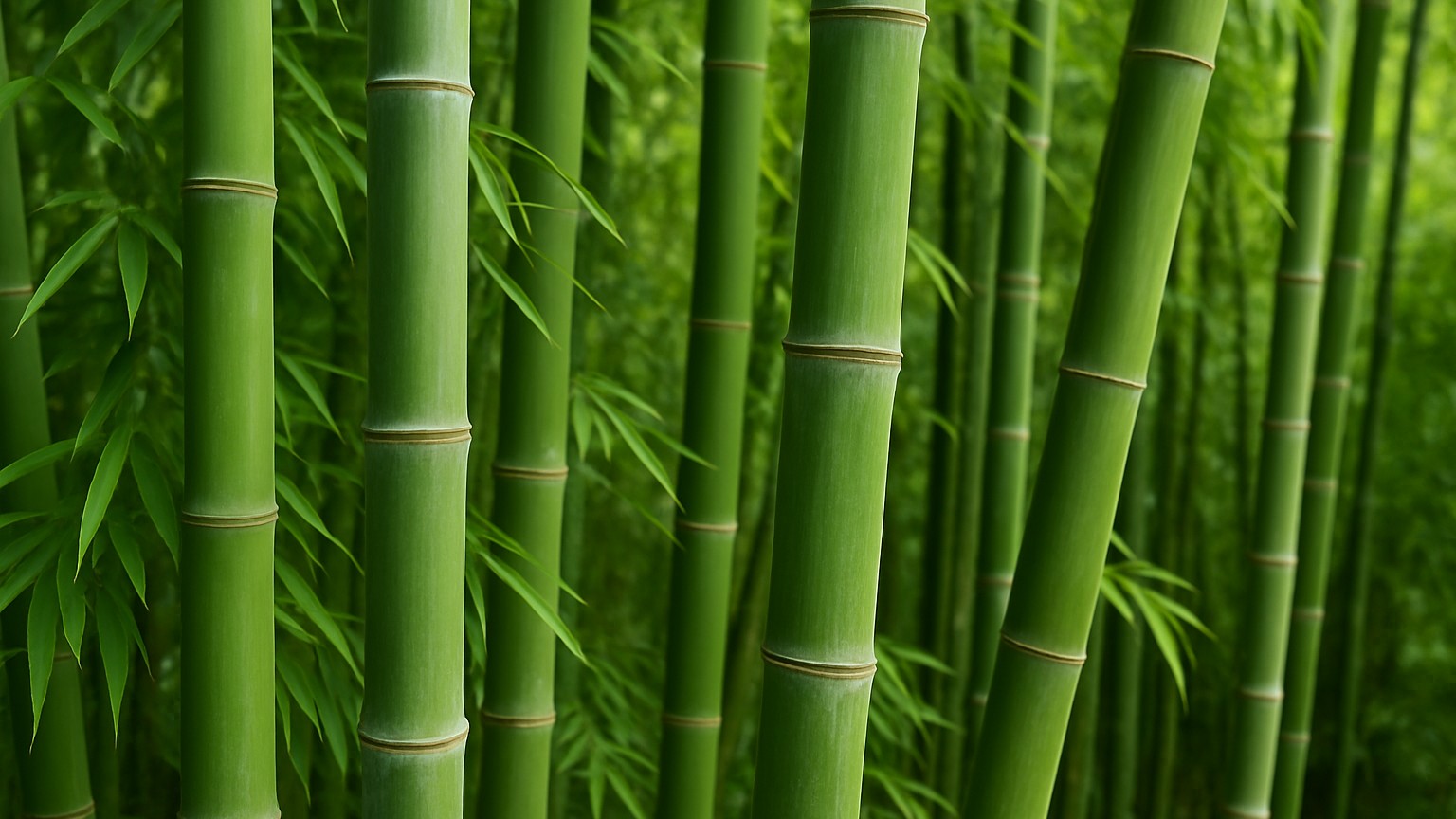Bamboo: Nature’s Versatile Wonder

Bamboo is one of the most remarkable plants on the planet, known for its rapid growth, strength, and sustainability. Often mistaken for a tree, bamboo is actually a type of grass that can grow several feet in just one day under the right conditions. Its fast-growing nature makes it a renewable resource that has been used for centuries across various cultures.
What sets bamboo apart is its versatility. It is used in construction, furniture-making, textiles, paper, and even as a food source. Bamboo flooring and furniture are popular for their durability and aesthetic appeal, while bamboo fibers are becoming a popular eco-friendly alternative in clothing and fabric production. Its lightweight strength also makes it a preferred material in scaffolding and other architectural applications.
Beyond its practical uses, bamboo has environmental benefits that make it highly valued in the fight against climate change. It absorbs more carbon dioxide and releases more oxygen than many trees, helping to purify the air. Bamboo roots also prevent soil erosion and aid in water retention, making it beneficial for land restoration and sustainable farming practices.
Culturally, bamboo holds symbolic meaning in many Asian societies, representing strength, flexibility, and resilience. In traditional medicine, bamboo extracts are believed to have healing properties, and bamboo shoots are a staple ingredient in many cuisines, known for their crunch and nutrition.
With the increasing demand for sustainable solutions, bamboo continues to grow in popularity worldwide. Its eco-friendly profile, combined with its usefulness in daily life, makes it a true gift from nature strong, sustainable, and endlessly adaptable.
